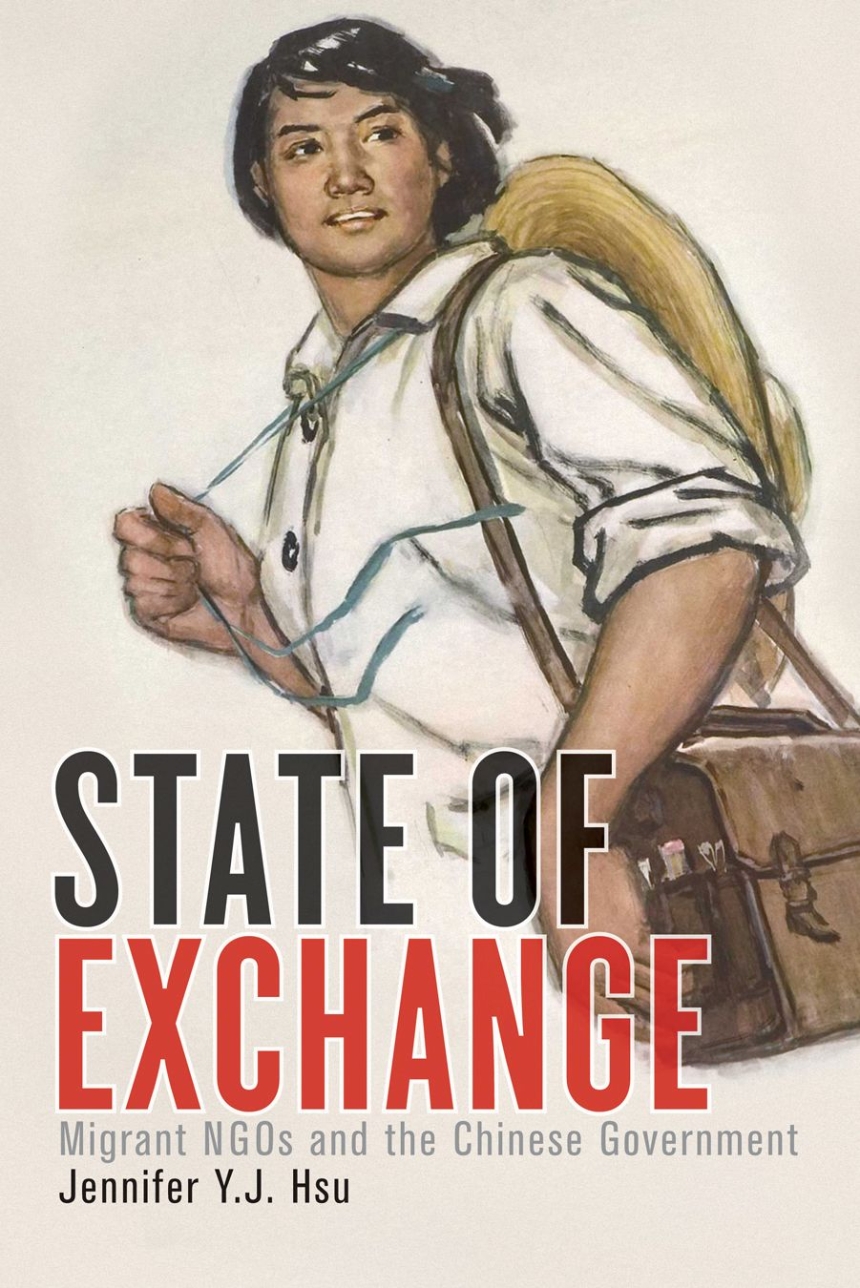9780774833646
Distributed for University of British Columbia Press
State of Exchange
Migrant NGOs and the Chinese Government
Non-governmental organizations have increased dramatically in China since the 1970s, despite operating in a restrictive authoritarian environment. With labour migrants moving to the cities en masse in search of higher wages and better standards of living, the central and local states now permit migrant NGOs to deliver community services to workers in cities such as Beijing and Shanghai. Engaging a new conceptual framework, Jennifer Hsu reveals how NGOs are interacting with the layers and spaces of the state and navigating a complex web of government bodies, lending stability to, and forming mutually beneficial relationships with, the state.

